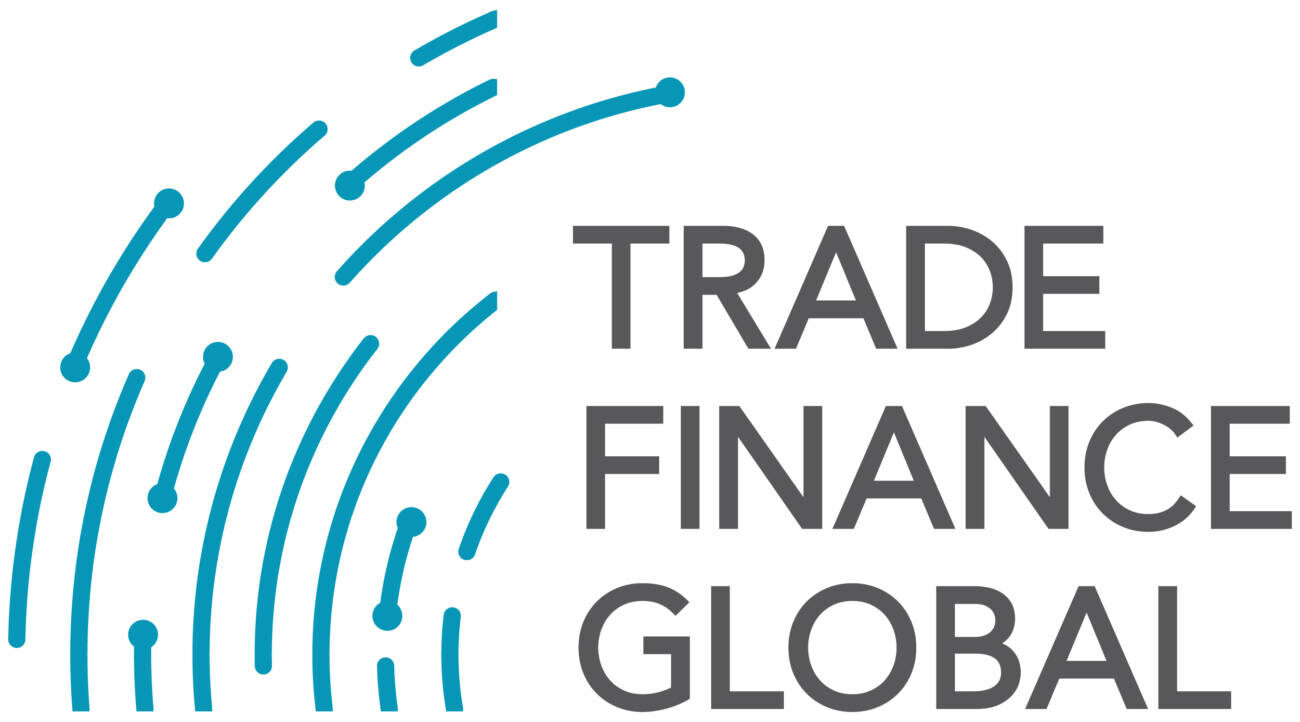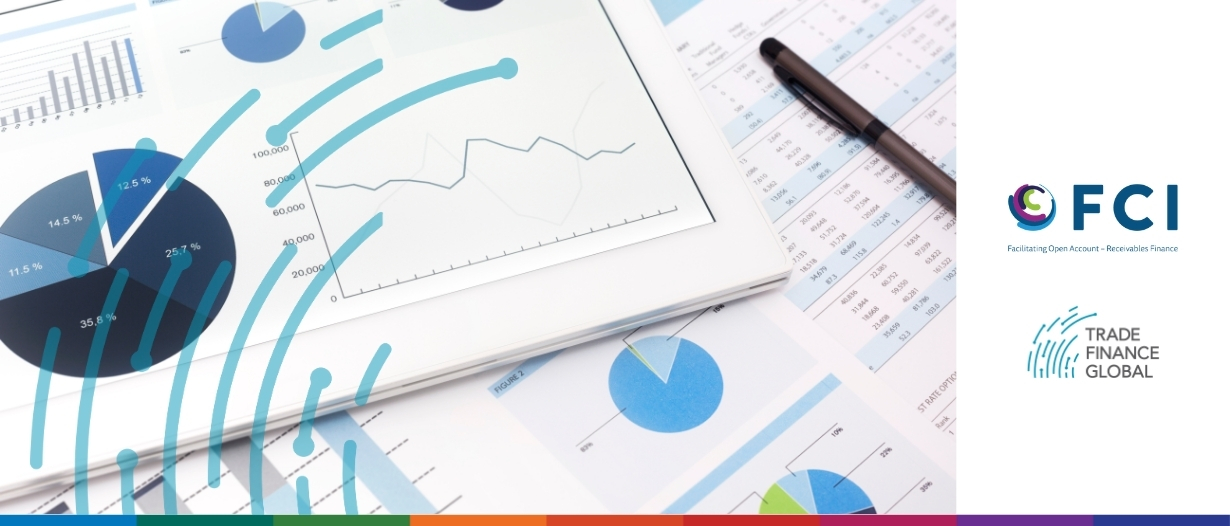Estimated reading time: 6 minutes
The FCI Annual Review for 2023 confirms a return to pre-pandemic stability in the global factoring market.
The report shows a global growth of 3.6%, marking the third consecutive year of expansion.
Neal Harm, FCI Secretary General, said, “As was predicted in last year’s report, 2023 volumes slowed from the prior two years. However, the world factoring statistics indicate that the 2023 volumes in factoring and receivables finance witnessed a continued growth trajectory, increasing by +3.6%, which comes off the heels of two consecutive solid growth years in 2021-2022”.
This growth is based on an estimated volume of €3,791 billion, up from €3,659 billion in 2022.
Domestic factoring continues to dominate, comprising 78% of the total volume, while international factoring accounts for the remaining 22%.
A view across the world: Regional factoring stats
Asia Pacific
The Asia-Pacific region remains a significant driver of growth. China led with a 10% increase in factoring volume, demonstrating resilience despite economic challenges.
North-East Asia saw an overall growth of 7%, with mainland China contributing 81% of the region’s market.
However, Hong Kong’s market shrank by over 20%, while Japan experienced modest growth and Taiwan saw a 14% decline.
Americas
In the Americas, the factoring volume grew by 4.3% in South and Central America, while North America saw a 10.7% decline.
The total domestic factoring volume in the region reached €222 billion, with international factoring exceeding €11 billion.
This represents a significant drop in the Two-Factor System international factoring, which decreased from €5.8 billion in 2022 to €5.1 billion in 2023.
Alberto Wyderka, FCI Regional Director for the Americas, said, “Challenges are a constant, much like political changes and uncertainties. However, the outlook for the accounts receivable financing industry remains positive and promising.”
Europe
The European Union saw modest growth of 2%, reaching a total turnover of €2,443 billion.
The region remains the largest factoring market globally, representing 66% of the world market.
Despite the EU GDP dropping to 0.4% from 3.5% in 2022, the penetration rate of factoring over European GDP was stable at 12%.
The ECB’s severe policy to curb inflation led to rapid increases in lending rates, coupled with conflicts between Russia and Ukraine and Israel and Palestine. Despite this, the European factoring market remains the most important globally, representing 66% of the world market.” said Fausto Galmarini, Chair of EUF.
Middle East and Africa
The Middle East showed growth driven by favourable commodity prices and diversification into new sectors.
The region’s factoring market is expected to grow by 2.3% in 2024. Africa, representing 1.3% of the global factoring volume, saw a significant growth rate of 13.5% in 2023.
South Africa, the largest market on the continent, witnessed a 14% increase in volume.
South Africa, the largest market accounting for over 80% of the entire volume on the continent, witnessed an increase of 14%. Countries that led this growth included Mauritius, Egypt, Tunisia, and others for 158%. This indicates that the African market continues its strong growth trajectory into the foreseeable future.” said Nassourou Aminou, FCI Regional Manager for Africa.
The FCI has also evolved as an association, growing from over 100 members 20 years ago to nearly 400 today.
Technology, education and partnership drive global factoring adoption
This growth is driven by a significant increase in membership from emerging markets, which now account for over 70% of new members.
In 2023, FCI added 31 new members, while 26 memberships were terminated. This trend highlights the growing global interest in factoring and the value provided by FCI.
Technological advancements have played a crucial role in FCI’s evolution.
The launch of the edifactoring 2.0 platform in 2022 represents a significant investment in technology. FCI has also implemented an internally controlled bookkeeping system and an automated invoice approval system, enhancing operational efficiency and financial control.
But technology is only one aspect of FCI’s holistic approach. Educational initiatives have been a focus for FCI, with various programmes aimed at enhancing industry knowledge and skills.
Crafting an effective education programme takes time, resources, and partnerships to properly educate regions about the potential of factoring. This is why the African Development Bank (AfDB) special-purpose grant is vital in this process.
The grant helps provide consultancy services to help support new and existing factoring firms across Africa, creating sustainaible growth for the industry throughout the continent.
“We work towards promoting and educating people on factoring and supply chain finance. Our collaborations bring together industry leaders, banks, financial institutions, legal professionals, factoring companies, and governments to cover a wide range of topics.” emphasised Çagatay Baydar, FCI Chairman.
However, for factoring to be increasingly successful, there needs to be risk mitigation before wide spread adoption.
This is why credit insurance played a vital role in mitigating risks within the factoring industry in 2023. It provided additional security for factors, especially in volatile markets, ensuring stability and confidence.
The future of factoring
Looking ahead, FCI is optimistic about the future of the factoring industry. With continuous growth in membership, technological advancements, and educational initiatives, the association is well-positioned to support the global factoring market.
The focus remains on providing value to members through advocacy, education, and a robust global network. “We are poised to lead the factoring industry into a new era of growth and innovation,” said Harm.

